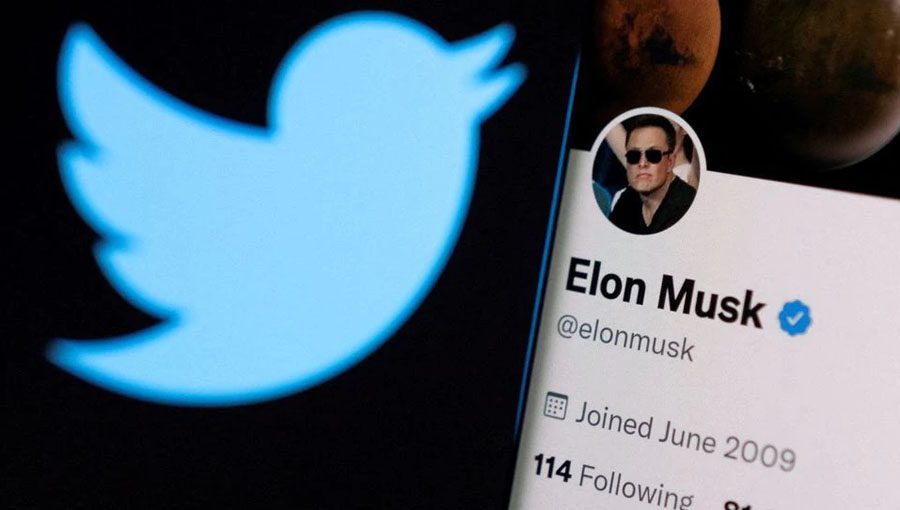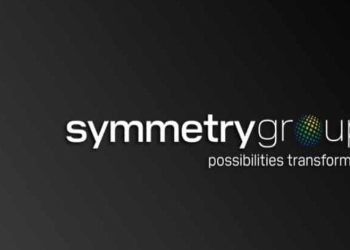WASHINGTON: The White House declined to comment on billionaire Elon Musk’s deal to buy Twitter but said that President Joe Biden has long been concerned about the power of social media platforms.
“Our concerns are not new,” said White House spokesperson Jen Psaki. “The president has long talked about his concerns about the power of social media platforms, including Twitter and others, to spread misinformation.” She said the White House would not comment on an individual transaction.
The White House continues to advocate for revoking Section 230, a law that shields online companies from liability over content posted by users, and supports ramping up anti-trust and transparency enforcement on technology companies, she said.
Biden administration officials think tougher scrutiny could prevent the spreading of false information on political issues and the COVID-19 pandemic.
“We engage regularly with all social media platforms about steps that can be taken,” Psaki added. “That has continued, and I’m sure will continue, but there are also reforms that we think Congress could take.”
Meawwhile, the European Union’s internal market chief said that Elon Musk could adapt Twitter as he wishes after he acquires the social media site but warned that the bloc has strict rules for online platforms to tackle illegal content.
“It will be up to Twitter to adapt themselves … to our rules,” Thierry Breton said on the deal sealed to buy Twitter “I think Elon Musk knows Europe very well. He knows very well that we have some rules for the automotive industry … and he understands that. So in Europe, in order to protect freedom of speech and to protect individuals, any companies will have to fulfill this obligation.”
The EU has rules under which content forbidden offline is also forbidden online, Breton said. Under a Digital Services Act (DSA) agreed by the EU’s 27 member states and lawmakers last week, Google, Meta and other large online platforms will risk hefty fines if they do not control illegal content.
Breton said big platforms of more than 45 million users would have to have more moderators than smaller ones, including moderators in every European language and would have to open their algorithms to regulators.
Under the DSA, big tech companies face fines up to 6% of their global revenue for violating the rules while repeated breaches could see them banned from doing business in the EU. The new rules ban advertising aimed at children or based on religion, gender, race and political opinions.
Critics of Musk’s takeover of Twitter fear it will mean less moderation and the reinstatement of banned individuals, including former US President Donald Trump.



































